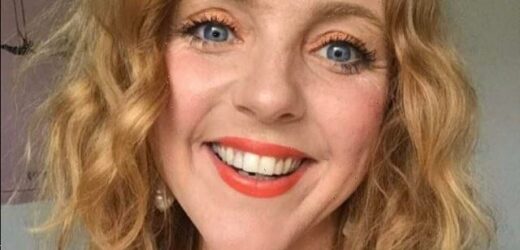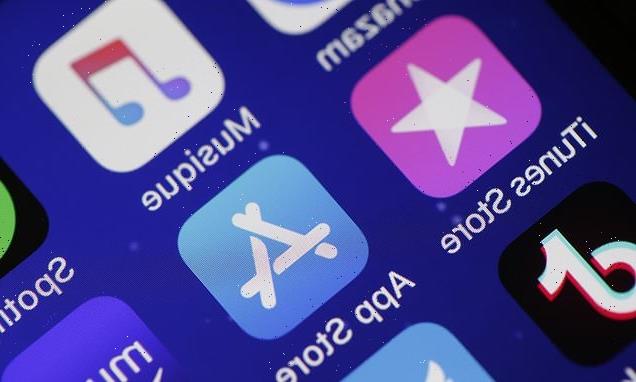NEVER ignore strange symptoms, is the message Suzie Smith wants everyone to take home from her story.
Then 32 years old, she had spent months turning a blind eye to warnings signs and pushing through, despite not feeling quite right.
She was happier to think it was an intolerance or agree with doctors diagnosing her with piles – as that's "easier to believe than cancer".
But the Londoner was stunned to eventually be told she had bowel cancer, and is now halfway through gruelling treatment.
The events manager told The Sun she thinks she had symptoms for about 18 months before the cancer was found last September.
Suzie said: "I had symptoms, I didn't know what they were.
Read more on cancer
GMA’s Robin Roberts shares ‘difficult’ update about her partner’s cancer fight
I’m a GP & didn’t think I could get bowel cancer – the signs I wish everyone knew
"I had blood in my stool, I was going to the toilet six times a day, which isn't healthy even though I was telling myself it was probably really healthy."
"I think that's the big thing about bowel cancer – its a cancer that can be cured, but it's one that can be left quite a long time before it's diagnosed.
"I've now had to go through six rounds of chemo and 25 rounds of radiotherapy.
"There was a relief when I found out. It's like 'ok now I know that my body was fighting'."
Most read in Health
MIRACLE I 'died for 17 mins' when op went wrong, docs wanted to turn off life support
From ADHD to Covid jab side effects, Dr Zoe Williams answers your health queries
Liam Gallagher, you won't live forever – just have the hip op like I did
Warning over bogus STI cure videos telling you to rub VINEGAR on your genitals
Bowel cancer is the UK's fourth most common cancer and the second deadliest.
The five main symptoms of people who go on to be diagnosed are blood in stools, a change of bowel habits, stomach pain, weight loss and unexplained fatigue.
Bowel cancer is treatable and curable, especially if diagnosed early, and it can affect people of all ages.
Suzie added: "It's not that surprising, but it breaks my heart that a lot of young people aren't listened to in the process.
"A lot of young people do have quite late diagnosis for cancer – you haven't been listened to, or you've had to be seen lots of times or you've normalised what you are feeling.
"I know that a lot of young people do lose their lives to this disease and it's just not knowing the symptoms. Don't do what I did and put your head in the sand."
ACT FAST
Knowing the key symptoms and visiting your GP if things don’t feel right, can help increase the chances of an early diagnosis.
This is something Suzie is passionate about, and what she wants everyone to do, even if they have the slightest worry something is wrong.
She said: "My advice would be if you feel something changing – how your body is responding to food, if you see blood, if you're feeling down a lot – listen to the symptoms and go to the doctor.
"I think that's something to be really clear about.
"Particularly as a young person you need to go in there and really know that something is wrong with you and you deserve answers.
"If you still have any symptoms, go back.
"I think that doctors see young people who are really energetic and they don't think that it could be cancer, which is a very big mistake as if I'd caught it early I'd be looking at a lot less treatment."
Read More on The Sun
‘Unsteady’ Putin bites his lip and fidgets in church fuelling health rumours
‘Pregnant’ Paris kisses Tyson in the ring after glamming up with Molly-Mae
It's this that has driven her to share her story and make sure young people know warning signs, and to push for help.
She said of the Suzie who had just been diagnosed: "I think remembering back to that girl, there was such a hunger to have people learn from my mistakes."
We pay for your stories!
Do you have a story for The Sun news desk?
Email us at [email protected] or call 0207 782 4104. You can WhatsApp us on 07423 720 250. We pay for videos too. Click here to upload yours
Click here to get The Sun newspaper delivered for FREE for the next six weeks.
Source: Read Full Article













